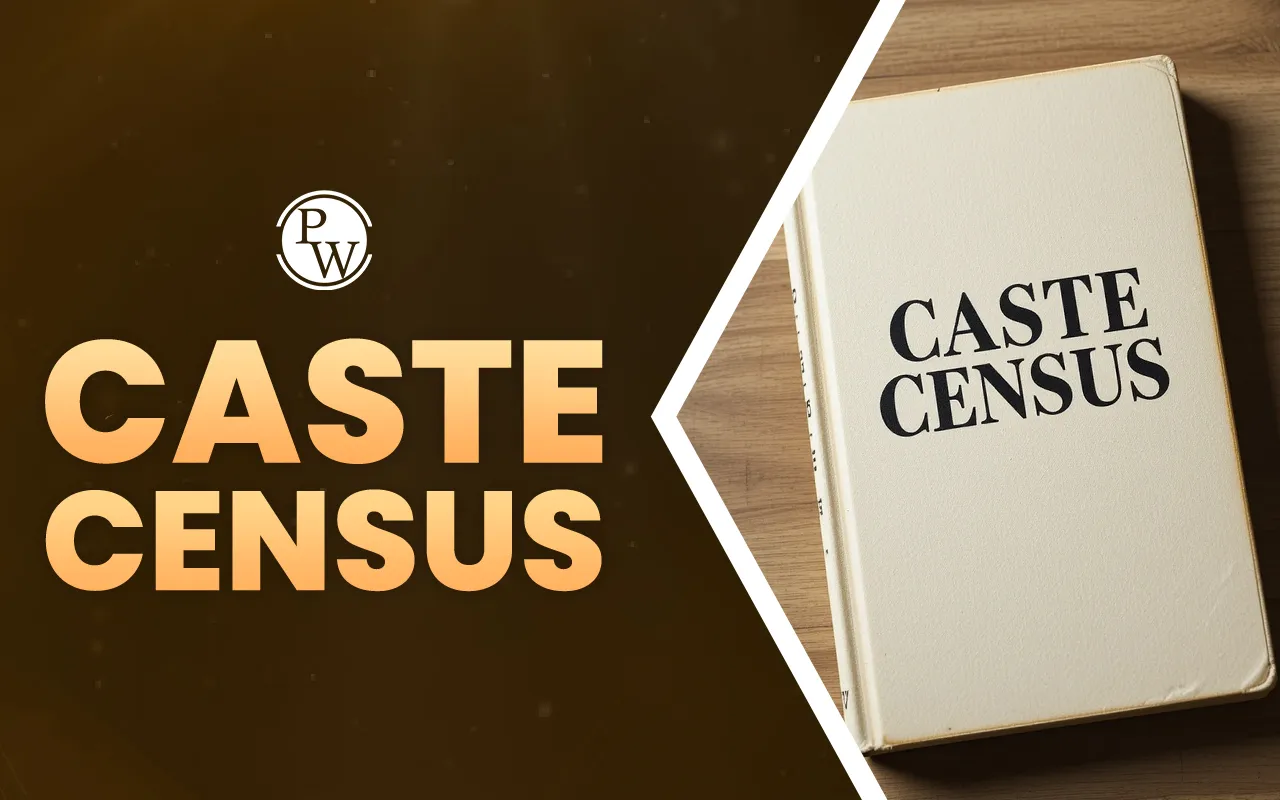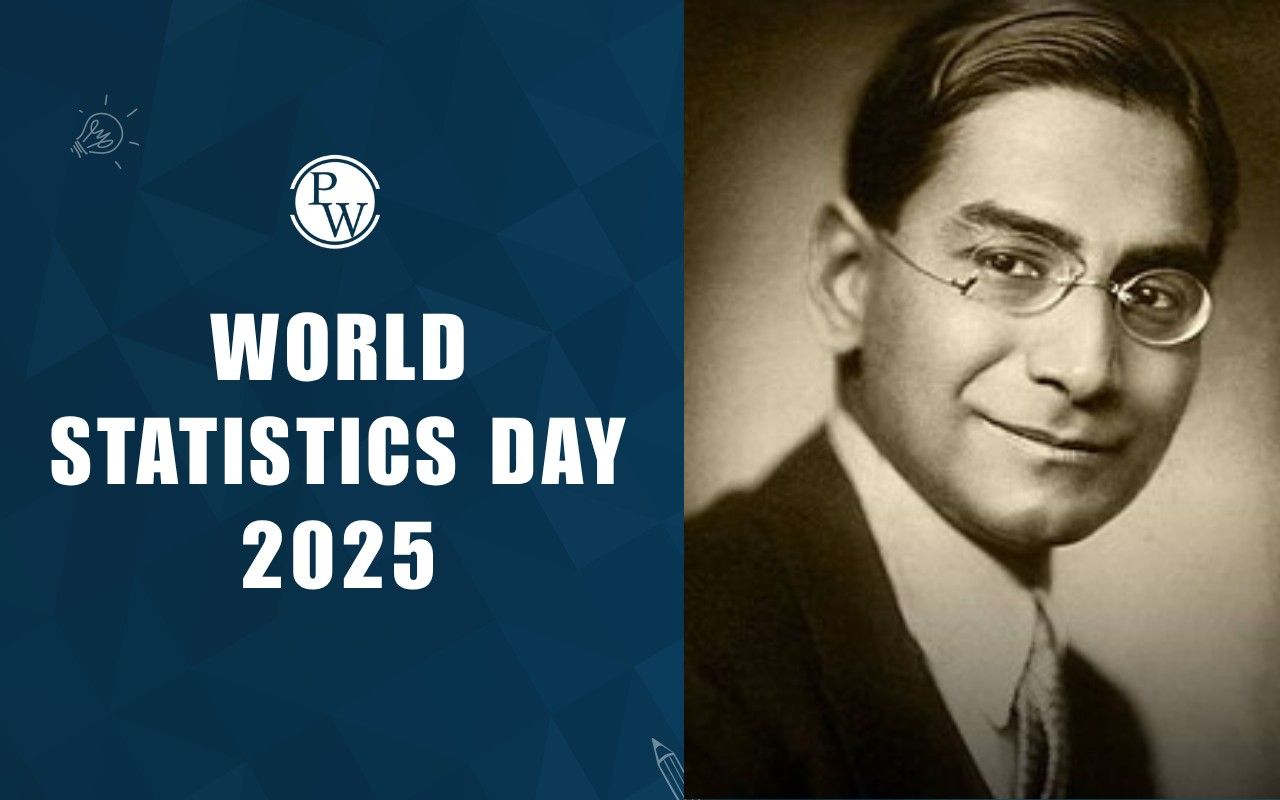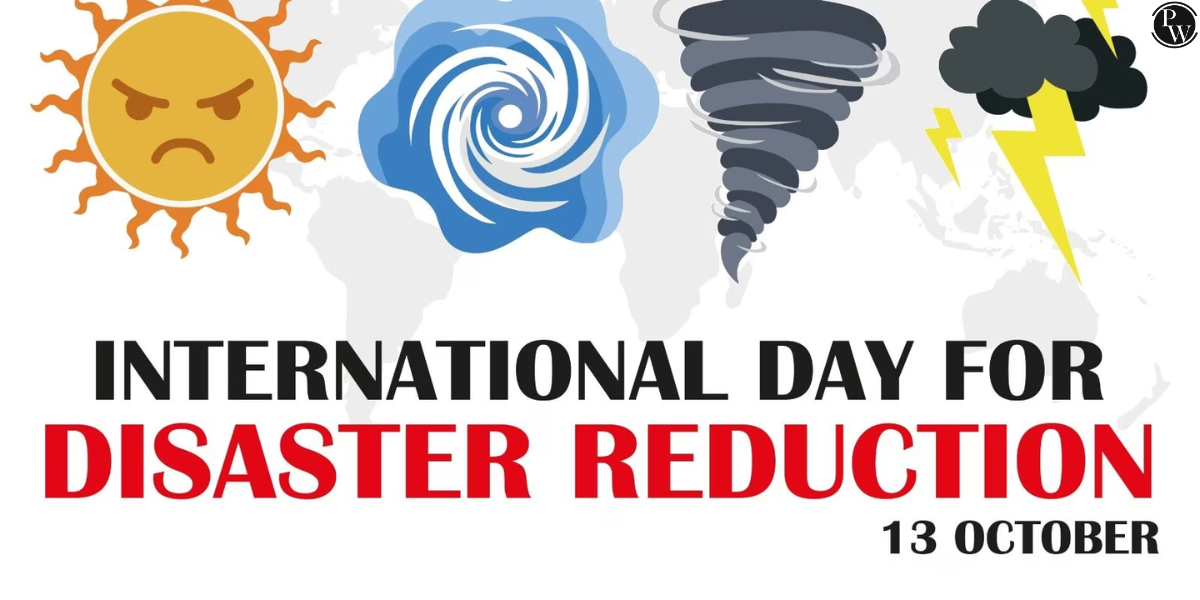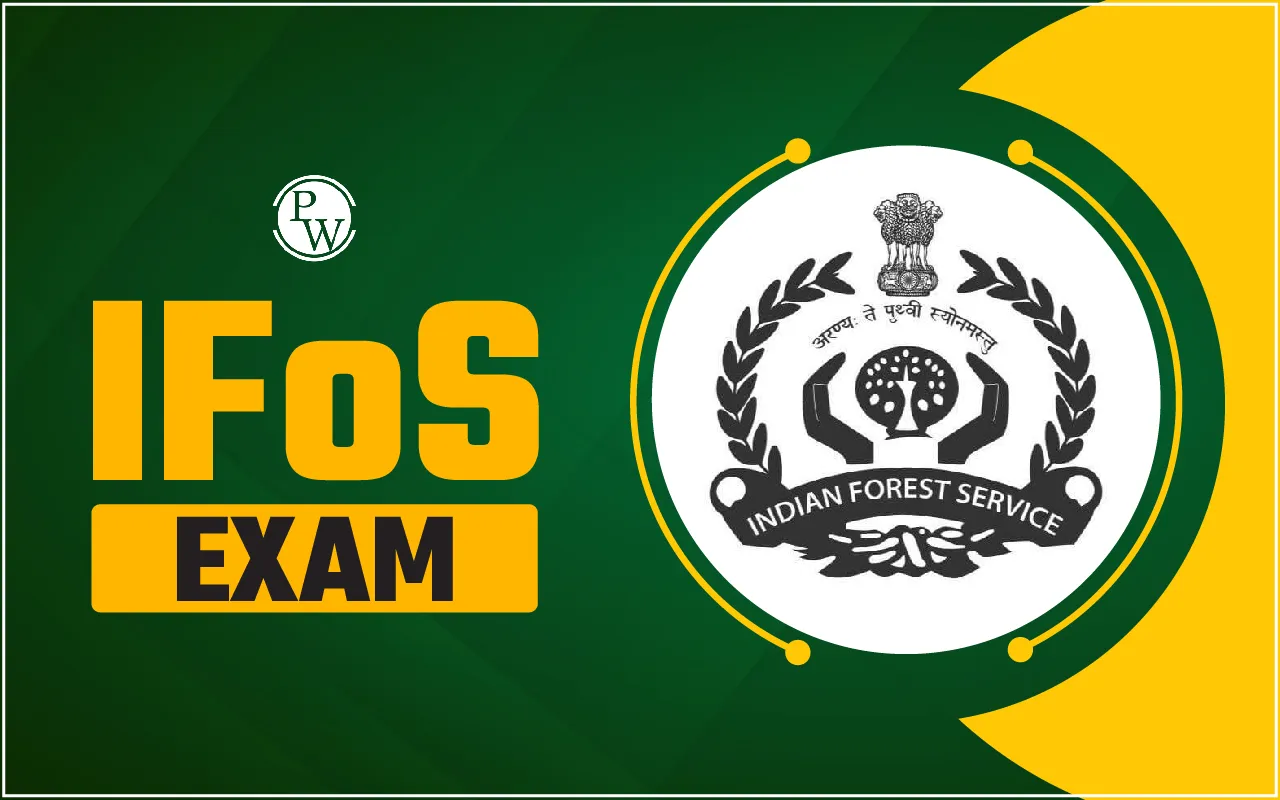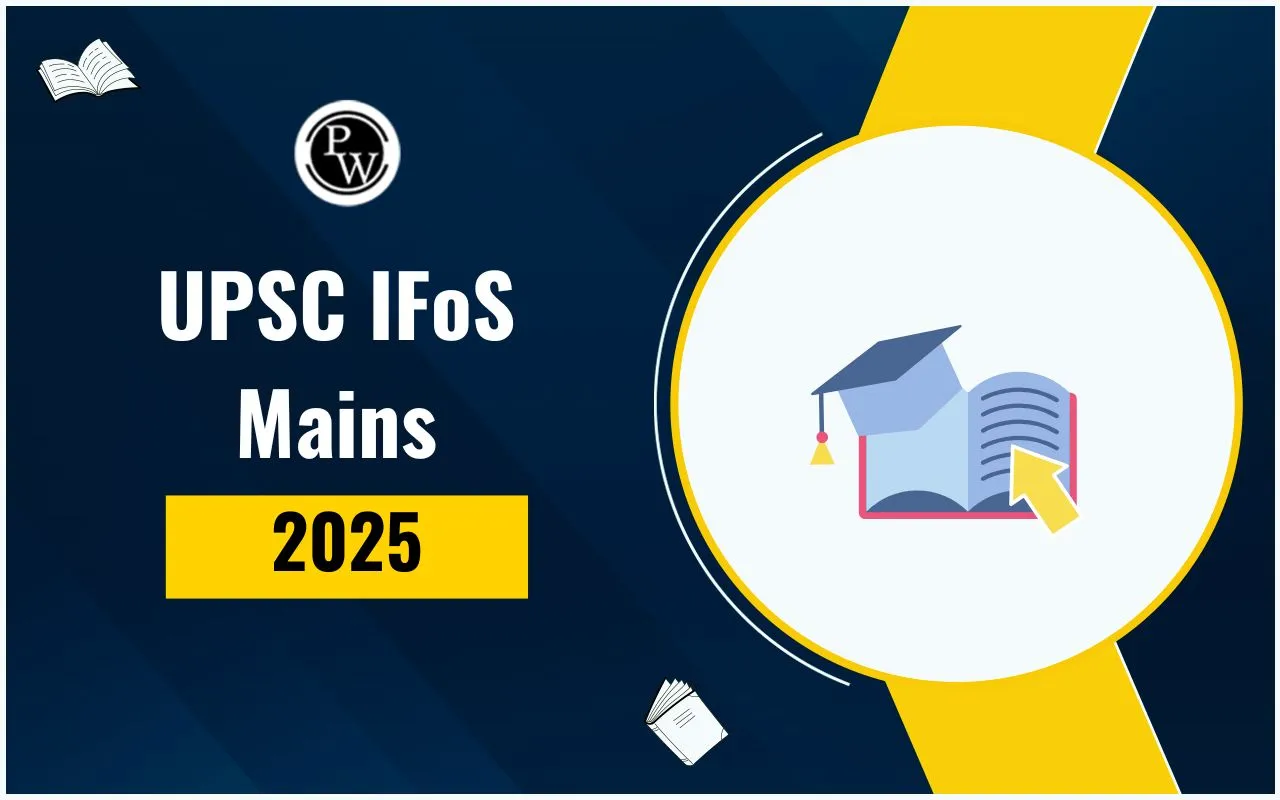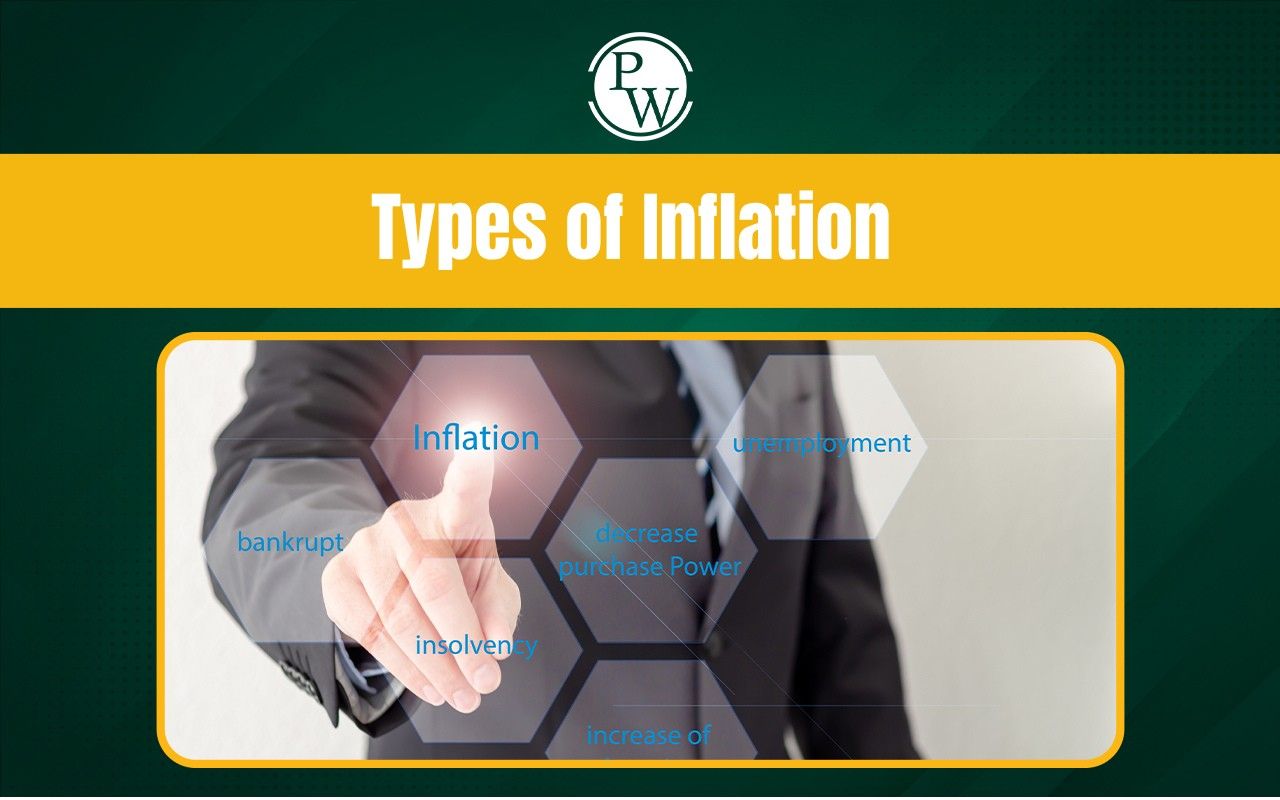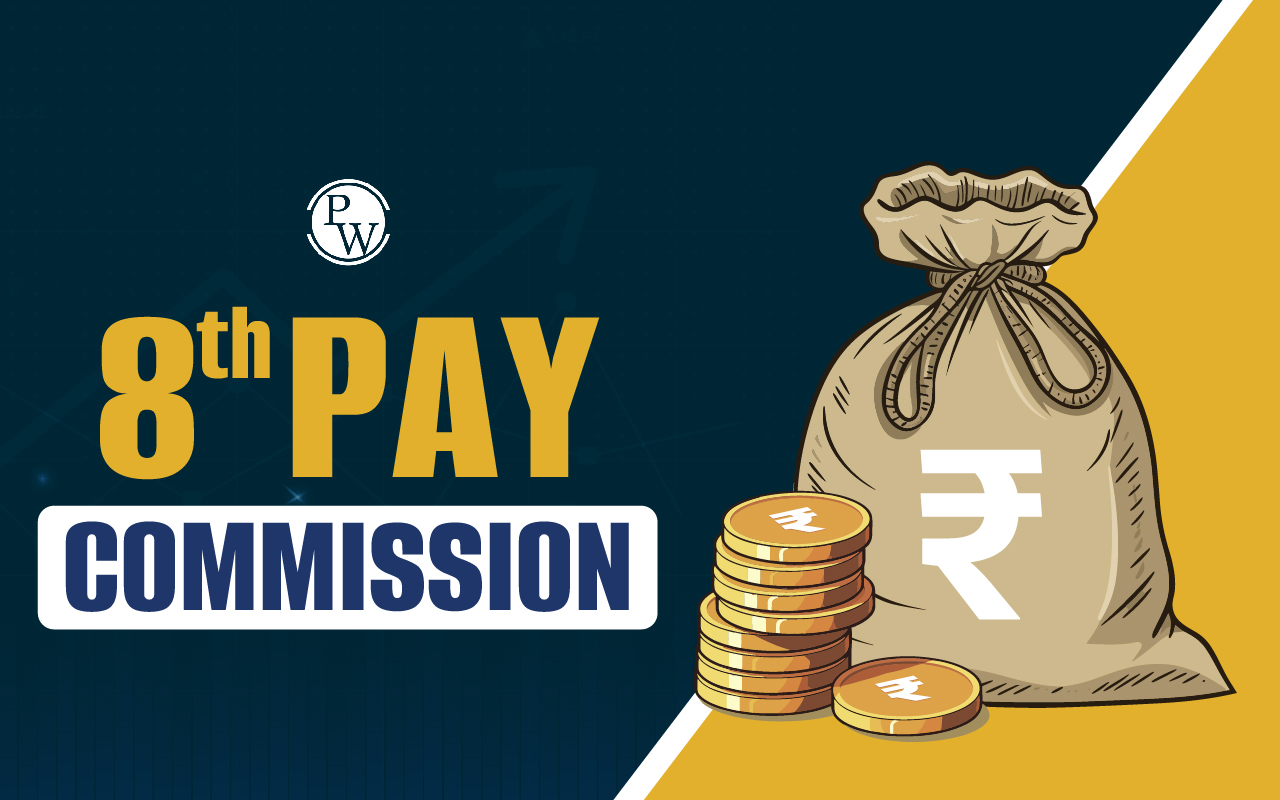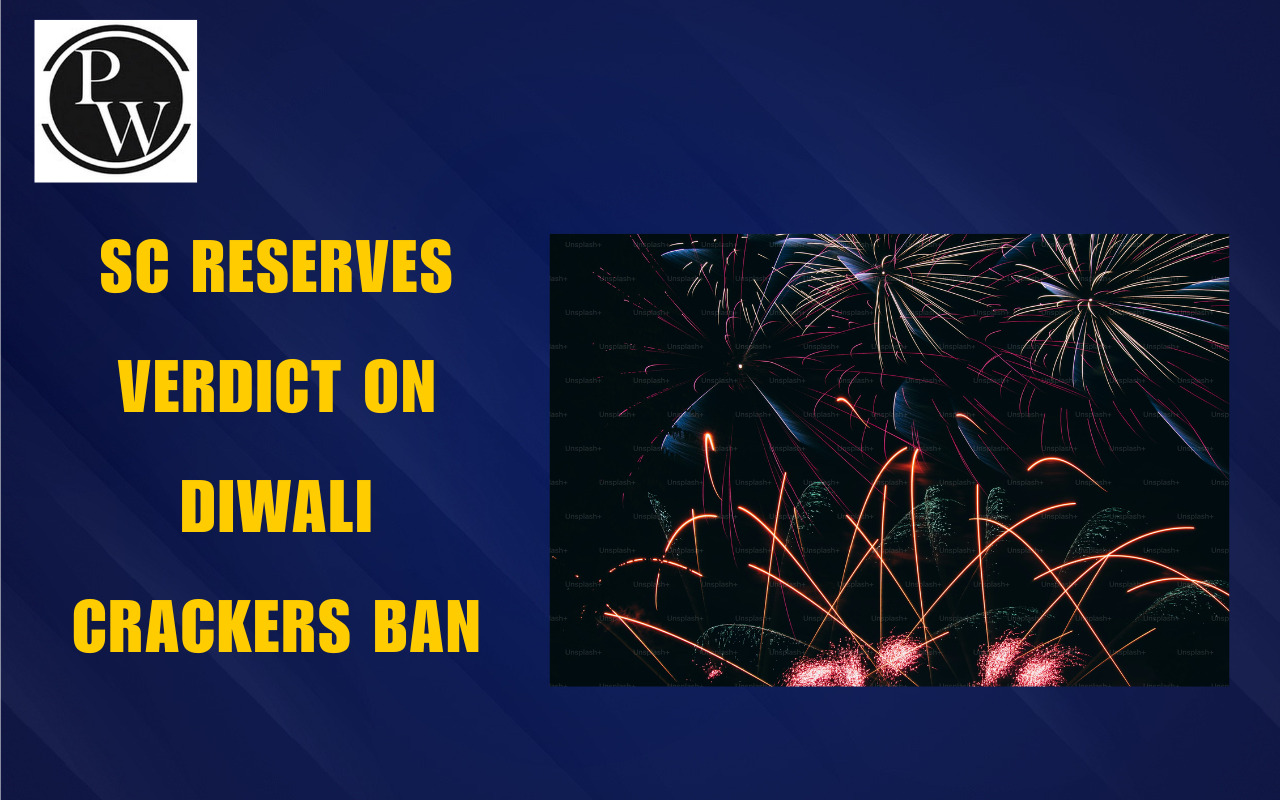
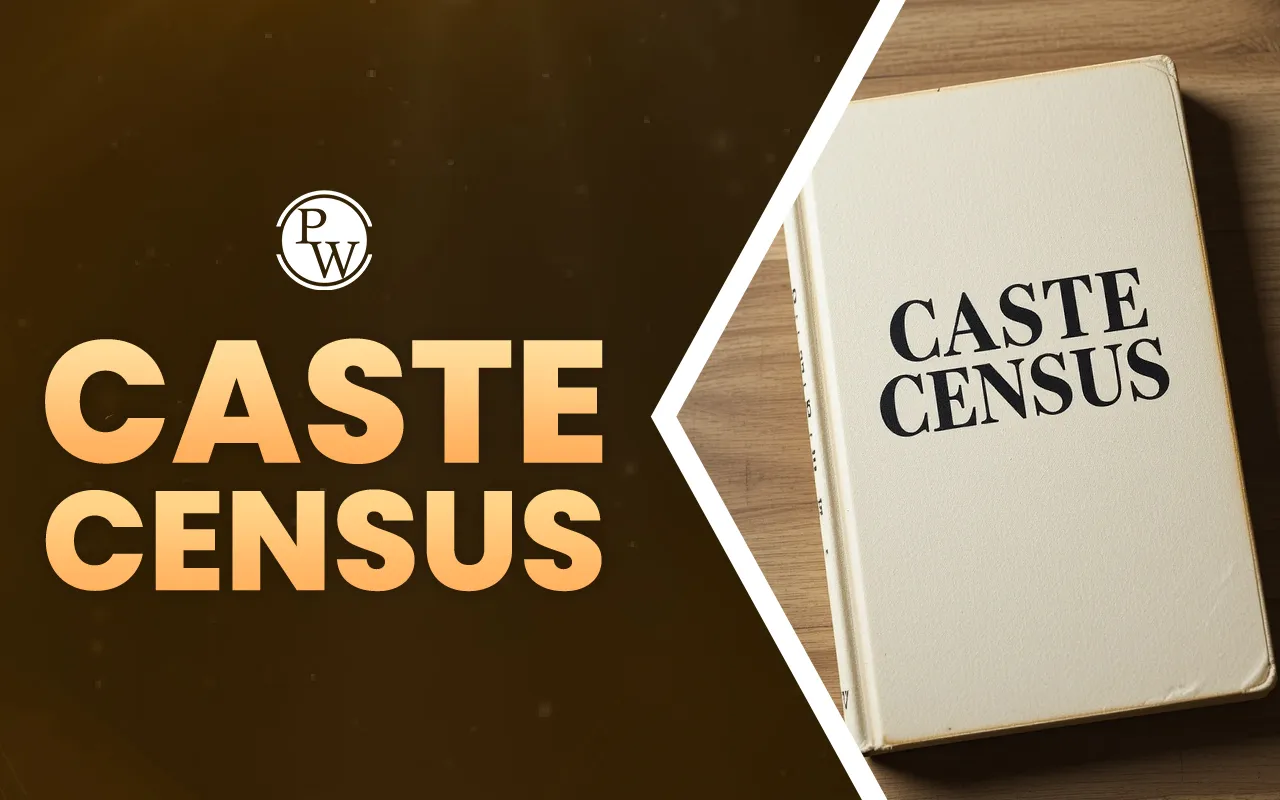
Caste census can be part of the next national population census, as the government has given permission to record the caste identities of individuals. It marks a historic development in India's approach to understanding social structures. But what does it really mean? Why is it important? What are the challenges? Read on to learn about the caste census in more detail!
Caste Census News
The Indian government has cleared the way for caste-based data collection in the upcoming national population census. For the first time since independence, castes beyond just Scheduled Castes (SCs) and Scheduled Tribes (STs) will be officially recorded in the decadal census.
The announcement was made by Union Minister Ashwini Vaishnaw on April 30, 2025, after a meeting of the Cabinet Committee on Political Affairs (CCPA). It is a major policy development with wide-ranging social and political consequences.
What is Caste Census?
The caste census refers to the process of collecting data on the caste identity of every individual in the country. The aim is to understand the socio-economic conditions of various caste groups to help guide policies for equitable development. Unlike caste-based surveys conducted by some states, a caste census as part of the national census is intended to be more comprehensive and standardized.
Caste Census in India
India has a long and complex history of caste. While the Constitution aims to promote equality, caste continues to play a big role in social and economic life. Currently, most reservation policies for castes like OBCs are based on old or estimated data. This often leads to unfair distribution of benefits.
Also Read: Important Days in May 2025 International and National
In India, there are three states: Bihar, Telangana, and Karnataka, which are conducting their own caste survey for effective decision-making. However, it is believed that a standardized caste census can provide reliable data to inform inclusive policy-making and ensure equitable resource distribution across the country.
This is supported by the fact that Census operations fall under Entry 69 of the Union List in the Seventh Schedule of the Constitution, making it a central government responsibility.
Caste Census History
The concept of caste census can be traced back to the pre-independence period. It was a regular exercise from 1881 to 1931. The last time India collected detailed caste data was in the 1931 Census. Post-independence, caste data was limited to SCs and STs, excluding OBCs and other groups. Here are some facts:
-
First Caste Census in India by the British: The first systematic caste census in India began under British rule with the 1871–72 census.
-
First Caste Census in India After Independence: The first attempt to collect caste data for all groups after independence was the 2011 Socio-Economic and Caste Census (SECC), but its data was never fully published.
-
First Caste Census State in India (Post-Independence): Bihar, which published a caste survey in 2023, providing data on the state's caste composition.
Key Challenges in Conducting Caste Census
To prepare a caste census, an amendment to the Census Act is not necessary, as the Registrar General and Census Commissioner have the authority to include caste-related questions in the census through a gazette notification.
However, there are still several challenges:
-
Accuracy of Data: People may provide incorrect information due to fear, confusion, or social stigma.
-
No Uniform Definition or Standard List: India lacks a standard definition of "caste," with names often varying by region, spelling, or classification across states.
-
Volume of Data: India has thousands of castes and sub-castes. Recording and categorising them properly is a massive task.
-
Political Sensitivity: Caste is a sensitive issue. Some fear the data could be used for vote-bank politics or further division in society.
-
Implementation and Cost: The census will require large-scale training, digital infrastructure, and funding. Errors or delays could affect the entire process.
In spite of these hurdles, supporters believe the benefits of such a census outweigh the risks.
Caste Census Implications
The Caste Census, once published, could have major implications for Indian society, governance, and future policies.
-
Better Targeting of Welfare Schemes: With accurate data, government schemes can reach the truly deserving sections. It will reduce misuse and ensure fair distribution.
-
Reservation Policies: The current OBC reservation is based on old data. A new caste census will provide evidence to revise and possibly expand these benefits.
-
Informed Policy Making: Planners and lawmakers can use the data to understand inequalities and frame evidence-based policies.
-
Social Justice: The census will highlight marginalised castes that are not currently recognised. It will give them a chance to demand rightful inclusion.
-
Political Representation: The data can influence how seats are reserved in legislatures and local bodies, ensuring fairer representation.
However, misuse of this data can create new conflicts. Therefore, the caste census must be handled carefully, with legal safeguards and public trust. Explore PW UPSC Courses today for detailed insights, mentorship, and smart preparation strategies. Your journey starts here!
Caste Census FAQs
What is the caste census meaning?
When was the first caste census in India?
When was the first caste census in India conducted after independence?
What is the Socio-Economic and Caste Census (SECC) of 2011?
Caste-based census is done in which state?

UPSC Coaching
